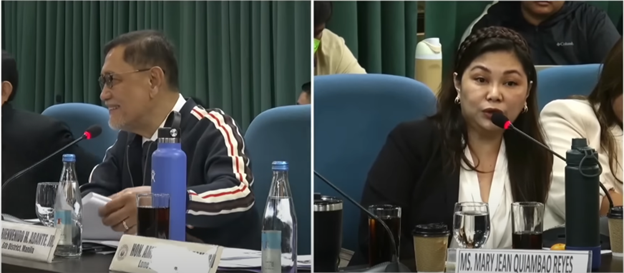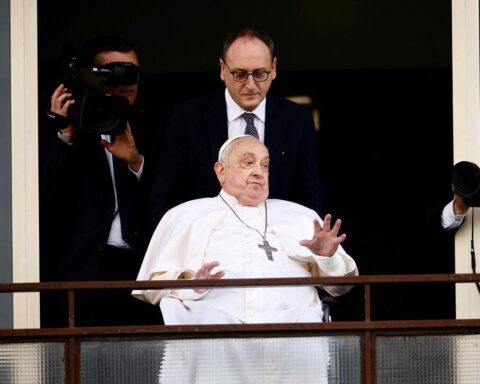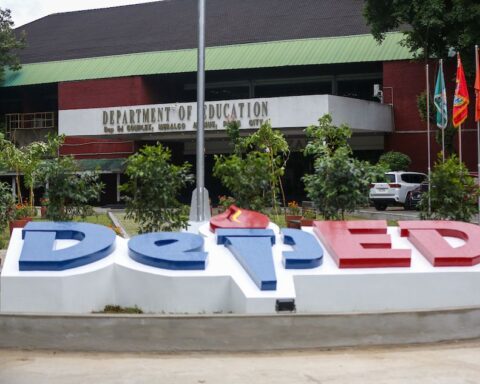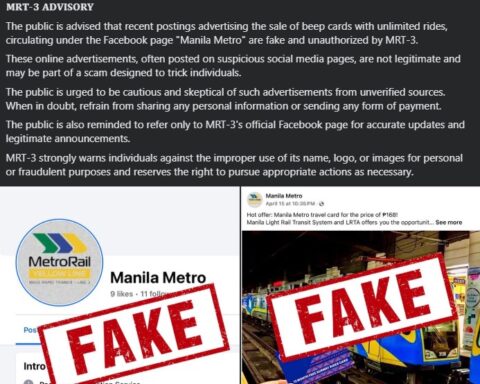During a House TriComm hearing on cybercrimes and fake news, online content creators MJ Reyes and Krizette Chu appeared before lawmakers to explain their controversial social media statements.
Reyes was confronted by Manila Rep. Bienvenido Abante regarding her claim that the killings in the Duterte administration’s war on drugs were a “massive hoax.” She also alleged that “criminal forces” were manipulating the narrative to portray a strong leader as a “monster.”
“I mean, my goodness, if you would like to be a resource person here in this committee, you need to have a basis, a real basis, a document that can say that,” Abante said, emphasizing that the Commission on Human Rights (CHR) had investigated and documented extrajudicial killings.
Following this, Reyes apologized and vowed to be more cautious with her statements. “I apologize, sir, and as I said, moving forward we will first look for documents and not rely on reports,” she said.
Meanwhile, Chu was also called out for using the word “tanga” in a Facebook post criticizing the government’s cash aid program. “My lawyer and I talked, and my case is a matter of oversight. And I apologize, sir,” she said.
Rep. Jude Acidre questioned Chu after she claimed that many police officers and soldiers wanted to resign after Duterte’s arrest on March 11. When asked if she had official data to support her claim, she admitted it was merely a “general impression” based on social media.
In response, Police Maj. Gen. Nicolas Torre III clarified that “nobody on record” had resigned due to Duterte’s arrest.
When asked if her statement was incorrect, Chu replied, “Yes, Sir.” However, she refused to apologize, arguing that her post was based on “impressions” from social media and not meant to be news.
The hearing underscored the significant impact of misinformation on social media and the need for accountability, especially when statements lack solid evidence.







